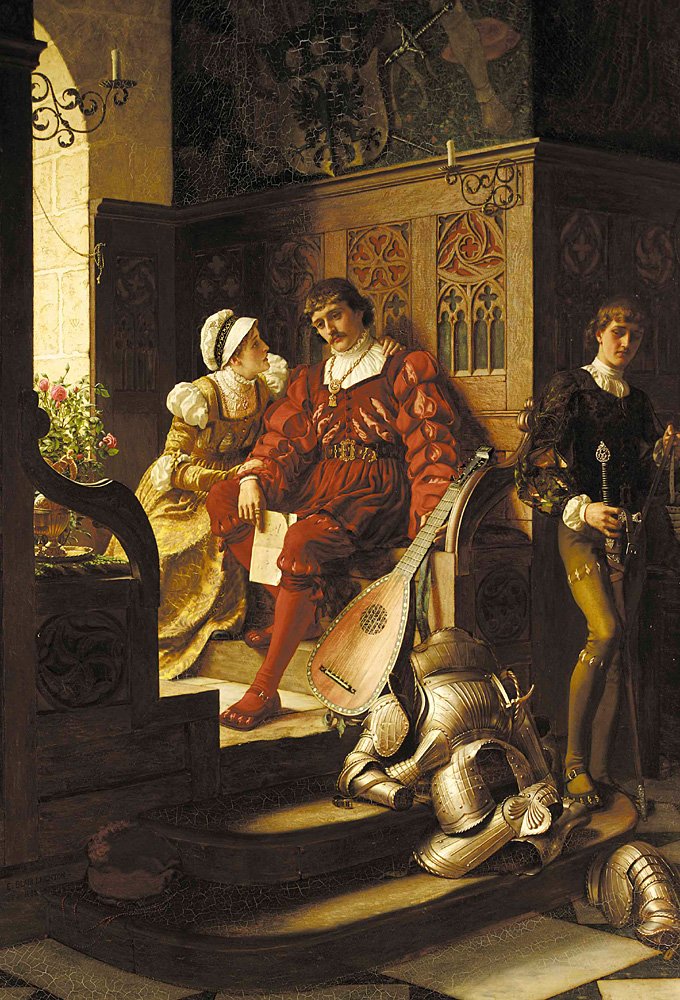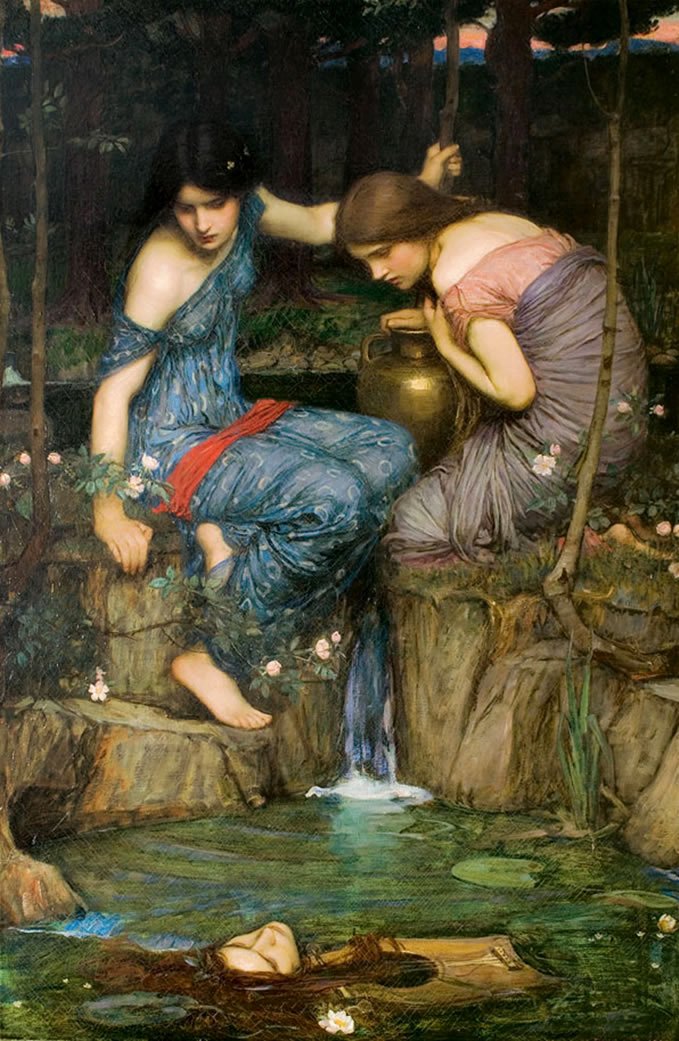We conclude this website’s fifth year as we have concluded the other four—with a 21 x 21 “Cavalcade of Crosswordese” (see Crosswords 052, 104, 156, 208): a puzzle featuring words overused in crosswords because of their convenience to constructors, combined into hilariously unexpected phrases. As if this weren’t enough to satisfy the most demanding solver (and of course it is), this year we’ve alphabetized the words in each phrase, and the phrases overall in the puzzle, a service that we alone, of all crossword constructors, have ever, to our knowledge, provided.
Maybe, grateful as you are for yet another year of puzzles and Victorian novel recommendations, you feel a sort of an urge to do something, but you just don’t know what. Well, here’s an idea! Click the “Donate” button below and give us a trifling sum of money (you may also donate through PayPal or Venmo using our email address.): $12 will get you a bonus 15 x 15 “Victorian” puzzle filled only with words in use before 1901; $13.50, a bonus 21 x 21 puzzle; $15, both of these; and $10,000,000, your name on the website.
Now mind—whether you give us anything or not, we’ll just go right on making crosswords and Victorian novel recommendations till we feel we’ve made enough. It’s entirely a matter between you and your conscience, assuming you’re troubled by such a thing at all.
Download this week’s crossword:
261-Alphabetical-Cavalcade-of-Crosswordese.puz
261-Alphabetical-Cavalcade-of-Crosswordese.pdf
261-Alphabetical-Cavalcade-of-Crosswordese (2 pages).pdf
Solve this week’s crossword online:





















